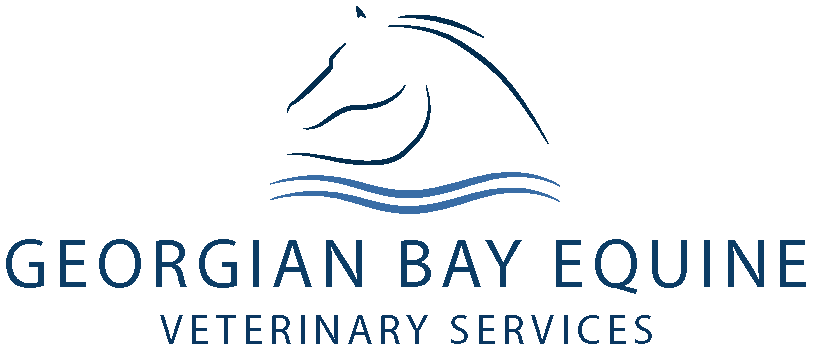GEORGIAN BAY EQUINE VETERINARY SERVICES
Chiropractic/Acupuncture
Acupuncture
Acupuncture has been used in eastern medicine for many years to help with a wide variety of conditions including pain, gastrointestinal issues, and to promote healing. In equine medicine, it is becoming more frequently used to treat conditions such as :
Back pain and neck pain
Facial nerve paralysis and other nerve injuries
Anhydrosis and other endocrine disorders
Various musculoskeletal injuries
Colic, laminitis and as a complement to many serious diseases.
When deciding if acupuncture is the right choice for your horse, we will ask you questions about what signs your horse is showing and treatments you have tried in the past
An acupuncture treatment session involves inserting very thin needles into your horse’s skin, subcutaneous tissue and underlying muscle. Most horses tolerate acupuncture very well, some find it extremely relaxing and look sedated, while other horses can find it overstimulating.
A typical session can involve inserting between 20-30 needles, and depending on the case we may add on electro-stimulation to send a gentle electric current between the points, further promoting their effects. In addition to insertion of needles we can also inject water, vitamin B12, or blood into the points to further stimulate them.
SERVICES
Spinal Manipulation (Chiropractic Therapy)
Spinal manipulation (also known as chiropractic adjustments) has been used for years to help alleviate pain and discomfort associated with reduced mobility in joints, particularly the spinal column. When there is reduced mobility or restrictions in the spinal column, the nerves that come from those vertebrae can also become restricted within the muscle, leading to pain and reduced movement in the legs. We find it extremely useful for managing:
Back and neck pain
Joint and musculoskeletal issues
Maintaining overall performance across any discipline.
During a spinal manipulation session, your vet will palpate the different joints of the body including the legs, head, neck, back, and pelvis. If a joint feels like its movement is restricted, the vet will manipulate the joint by pushing, pulling, or rotating the joint in order to cause a release of the restricted joint, which can often be heard as a popping sound. After a successful adjustment of a joint the horse will often lick their lips, chew, let out a big breath, or their eyes will start to flutter as they relax.
Because acupuncture and spinal manipulation do not involve any pharmaceuticals, they are great options to use for performance horses as a tune-up before competition. If you are interested in learning more about what spinal manipulation and acupuncture could do for your horse, please feel free to contact the office and our vets will be happy to chat with you.


